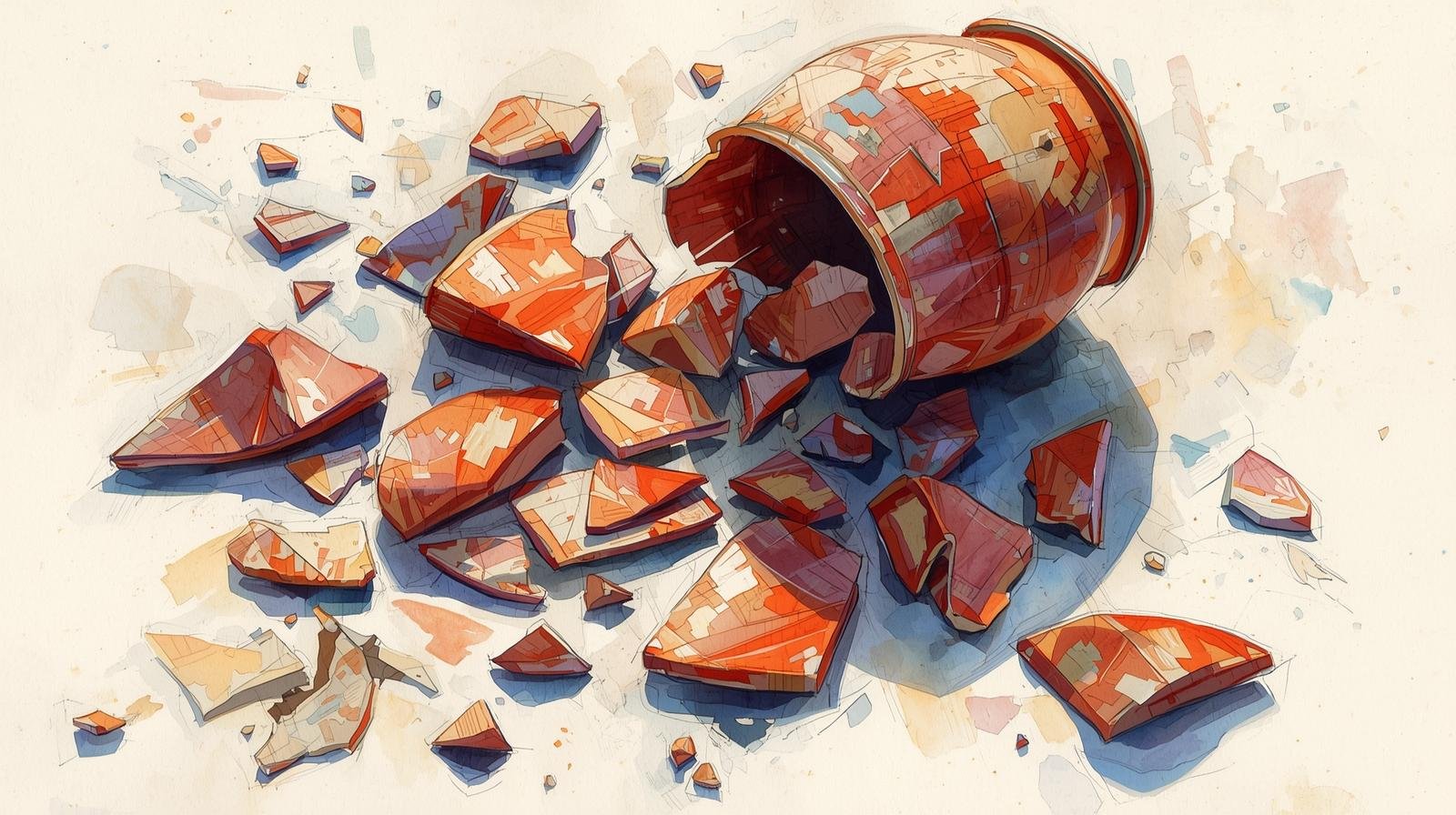
Gospel according to Saint John 3:13-17
Jesus said to Nicodemus: “No one has gone up to heaven except the one who has come down from heaven, the Son of Man. And just as Moses lifted up the serpent in the desert, so must the Son of Man be lifted up, so that everyone who believes in him may have eternal life.” For God so loved the world that he gave his only Son, so that everyone who believes in him might not perish but might have eternal life. For God did not send his Son into the world to condemn the world, but that the world might be saved through him.
Paul, you are out of your mind! (Acts 26:24)
Luis CASASUS President of the Idente Missionaries
Rome, September 14, 2025 | XXIV Sunday in Ordinary Time
Num 21: 4b-9; Phil 2: 6-11; Jn 3: 13-17
It is clear that all of us should look again at the Cross, on this Feast of its Exaltation, which we celebrate today; for although we all know that the Cross represents our Christian faith, we do not always take advantage of its full meaning, which for the Jews is a stumbling block and for the Gentiles is foolishness(1 Cor 1:23), which was to be expected. In many different ways, for 20 centuries, the power of the Cross has been admired and experienced in all forms of Christian life.
For example, there is a legend about the life of Nectarius of Aegina (1846–1920), a saint of the Greek Orthodox Church, who, when he came of age and wanted to travel to Istanbul in search of work, did not have a ticket to board the ship. However, the captain realized that the ship would not move until Nectarius was finally allowed to board. During the voyage, the ship encountered a storm. Nectarios, seeing the storm, took his cross, which contained a piece of the true cross, and using a rope tied to it, lowered it into the sea, and the skies and the sea calmed down again. But in the process, he lost the cross in the sea. Later in the voyage, a knocking sound was heard beneath the ship, and when it arrived at the next port, it was discovered that St. Nectarius’ cross had become trapped beneath the ship and was the source of the knocking, so it was returned to him.
Saint Helena (248-329), mother of Emperor Constantine, inspired by a great desire to find the cross on which Christ had suffered and died, arrived in Jerusalem and ordered a profane building to be demolished; and upon digging deep, they discovered the holy sepulcher and, near it, three crosses; as well as the nails that had pierced the body of our Savior and the sign that had been placed on his cross.
A miracle helped to identify the true cross when a sick person was healed upon touching it. Saint Helena, filled with joy at having found the treasure she had sought so eagerly and cherished so much, built a church on that spot and placed the cross there with great veneration. She then took part of it to Emperor Constantine, who was then in Constantinople, and he received it with great veneration. She took another part of the cross to Rome to place it in the church she had built there, under the name Basilica of the Holy Cross in Jerusalem, where it remains to this day.
These stories, including many miracles, legends, and artistic representations of the Cross, should inspire us to reflect on the meaning and fruitfulness of the Cross in each of our lives, for, as St. Paul says: The foolishness of God is wiser than men, and the weakness of God is stronger than men (1 Cor 1:25).
The Cross is rightly called the Tree of Life, for paradoxically, it went from being a humiliating symbol of a death sentence to a source of fruitful life for those who embrace it with determination. Today, we must contemplate the Cross of Christ and the one we are invited to carry.
—ooOoo—
Our Father Founder, Fernando Rielo, said that we can understand what our cross is in a single word: it is our soul. In that soul there are three types of suffering that we must bear: those that come from the consequences of our sins; those that derive from the sacrifices of doing good; and finally, those that result from innocent suffering.
Regarding the latter two, Saint Peter tells us that it is better to suffer for doing good than for doing evil. Christ himself died once and for all for sins, the just for the unjust, to bring us to God (1 Pt 3:17-18).
֍ When we sin, especially when we hurt others, we feel pain in many ways. Those who have faith feel pain for having betrayed Christ. Those who do not have faith feel pain at least because they sense that they would have liked to have a “harmonious” relationship with those we consider our enemies, rivals, or simple obstacles in our path. Those who wish to follow Christ, beyond remorse, receive the grace of repentance, which means, first and foremost, a change of mind, a different view of the past and of the future that I must undertake.
In simple terms, repentance means feeling sorry for what has been done with the intention of changing, while remorse refers to feeling a pain that “bites” again and again, even without intending to change. St. Peter repented; however, Herod, despite feeling remorse for having imprisoned St. John the Baptist, did not repent and went ahead with his plans, even executing the voice that cried out in the desert (Jn 1:23).
֍ The pain that comes from doing good has its origin in Affliction, that action of the Holy Spirit that vigorously impels us to do the greatest possible good to our neighbor, the most appropriate thing to bring him closer to Christ, while we, like the Baptist, must decrease so that He may increase (Jn 3:31). It is a true contagion of the love that God feels for us and leads him to give up what is most intimate, most precious: the life of his own Son.
That is the love that moves hearts, that of the apostle who is not afraid to diminish himself so that his neighbor can taste a little of the unconditional love of the Divine Persons. A well-known case is that of Saint Teresa of Calcutta, whose feast day we celebrated a few days ago. An Indian priest told me the following episode from her life:
Shortly after Mother Teresa took charge of the house next to a Hindu temple in Calcutta, where she cared for the destitute and dying, some people complained and accused her of proselytizing. They wanted her evicted and called the police. When a high-ranking police inspector went to the house to see the situation, he was overwhelmed and horrified. The officer was impressed by the loving care given to the most unfortunate people and terrified by the terrible stench of disease and death. He returned to the critics and told them that he would evict Mother Teresa if they were willing to take over the work. No more criticism was heard. They were not willing to empty themselves as she was.
֍ Innocent suffering is linked to the previous one, but in many cases, it highlights the fact that the innocent person has not done anything or said anything that could be interpreted as triggering that pain. Those who are willing to bear that cross not only give sublime witness, but, as today’s Gospel says, by sharing the cross with Christ, they help all who know him to have eternal life. This is how we become co-redeemers.
That is what our Mother Mary did, especially on Calvary. Venerable Archbishop Fulton Sheen (1895-1979) wrote in Calvary and the Mass:
Have you ever noticed that practically all traditional depictions of the crucifixion always show Mary Magdalene kneeling at the foot of the cross? But you have never seen a picture of the Blessed Mother prostrate. John was there, and he tells us in his Gospel that she remained standing. He saw her standing. But why was she standing? She was standing to serve us. She was standing to be our minister, our Mother.
Above all, she teaches us to contemplate the face of her Son, and thus to soak up her way of forgiving, of keeping silent, of suffering unjustly without boasting of our suffering.
In fact, most of us are willing to do good, to serve the Church and the poor, to sacrifice our time to care for others, but few of us are willing to suffer vicariously and silently for others. More often than not, we defend ourselves when we believe we are innocent. Our pride does not allow us to suffer unjustly. And we cannot imagine that such suffering is truly redemptive.
—ooOoo—
In us, the THREE types of pain occur sooner or later, sometimes simultaneously, because we are sinners, we have traits of generosity, and—on occasion—our intentions are truly innocent.
Those who see the innocent suffer may feel rebellion, sometimes deep desolation and pessimism, but when we contemplate Christ on the Cross, the Father’s gaze immediately comes to our hearts, the assurance that the Holy Spirit collects every tear. As Psalm 58 says: You keep count of my sorrows; you put my tears in your wineskin; are they not in your book?
Jesus himself promised that mourning will be turned into joy (Jn 16:20), and Revelation 21:4 assures us that God will wipe away every tear. This happens in several ways:
* The peace that the disciple receives in the midst of pain, not because he becomes insensitive, nor as a kind of reward, but because he feels that death does not have the last word and he is certain that, once again, Providence will surprise him.
* It happens to him as it did to Jesus, who in the midst of all his suffering, was able to be more concerned for us than for himself. He even comforted the women of Jerusalem and the good thief on the cross, and with his last breath, he remembered his own mother and asked St. John to take care of her. He was sure that Mary and John, despite being powerless witnesses to his Passion, were also receiving that grace reserved for the innocent: to touch the hearts of all, as happens to us when we see a sick child, a victim of slander, or a dying person who gives the best advice to those he loves.
* Finally, and above all, the fulfillment after this life, and to a large extent also now, of Jesus’ promise to the innocent, that is, those who have pure intentions: Blessed are the pure in heart, for they shall see God. That purity of heart is a grace that we must strive to embrace, and for this, Christ himself shows us the way: Clear I tell you, unless you change and become like children, you will never enter the kingdom of heaven (Mt 18:3).
_______________________________
In the Sacred Hearts of Jesus, Mary and Joseph,
Luis CASASUS
President












